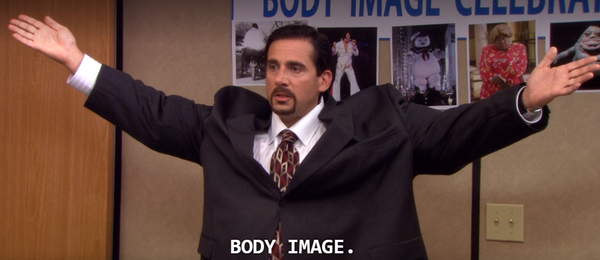First off, I don't know whether to be upset or sad.
When did making content "relatable" make it faceless and lifeless instead? A story isn't meant to be a "Top 10" list of slogans and clichés all English speaking people understand simply because of the language and culture from which they come. Is that really what the global audience desires? An article with a clickbait title and a header image with a happy, stereotypically beautiful person on the front in which they can tag their friends in and post because it is "so us"? Do the basic things we say and do as humans suddenly become extraordinary when they're typed up and "published" online? I think not. This sort of media manipulation is everywhere. And it's all for ad revenue.
Various media outlets cannot even pay to keep their websites up if they don't utilize these ridiculous ad-revenue generating techniques. These techniques are destroying the position of a well-trained writer. If someone is a human person, apparently they're capable of writing and being "published." College students who do not even know the basics of citation and copyright law are allowed to publish articles. I'm sure if monkeys learned how to use keyboards, Buzzfeed and other outlets would have them in desks writing too, looking for that diamond in the rough. All this because a company believes that one of these lifeless articles may go viral, and rake in the ad-revenue. I grew up on documentaries. Whether it was a documentary about poverty in the United States or just a crime investigation special on cable, I was watching it. Why? Because even these brief segments do a better job at exploring the human condition than what social media culture has done to journalism.
I'm terrified that once I graduate with my degree in English and journalism, my dream of becoming an investigative journalist will be turned into a job at a desk at Buzzfeed or the Huffington Post writing "Top 5 Things All Humans Relate To." I went into this major in order to learn about humanity, not deconstruct the English language and manipulate it in a manner that gets me likes and shares that in turn give a company thousands of dollars in ad revenue. And they do it because it's easy, not because it's valuable. No one bothers to read any article that the writer had worked hard on. Researching. Interviewing. Reviewing. Editing. And some writers may even stray from this form of journalism because the alternative is far easier, and there is far more money in the latter.
I just hope that this isn't my future. This has all been said before by people in better positions than I am. I'm just a college student trying to find hope in a business that's slowly deteriorating into a steaming pile of crap on the internet.
Alas, there's still The New Yorker.





















